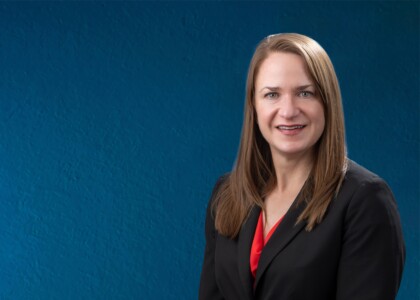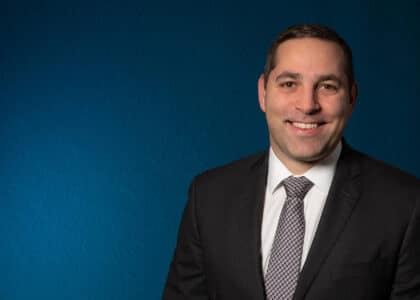Reporting of Separated Participants with Deferred Vested Benefits in a Qualified Retirement Plan
The Internal Revenue Service (IRS) requires plan sponsors to annually report individuals that remain in your retirement plan after termination of employment and have a vested benefit or an account balance in your retirement plan. Retirement plans include pensions, 401(k)’s, 403(b)’s and profit sharing plans. The reporting requirements do not include individuals who terminate employment and are paid out their entire vested benefit or account balance within the same plan year.
If a plan sponsor must report an individual to the IRS, in general, the information required to be reported is as follows:
- Social security number
- First name, middle initial and last name
- Type of payment and frequency provided to the participant
- Amount of vested benefit, such as 401(k) account balance
Other situations and information may be required to be reported to the IRS. The above is simply an example of the most prevalent information that must be reported.
How and when must this Information be reported?
Previously, this information was required to be reported on Schedule SSA as a required attachment to Form 5500. The IRS, in conjunction with the Social Security Administration (SSA), decided that the reporting of individuals with deferred vested benefits would no longer be part of the Form 5500 through the Department of Labor’s electronic filing system. Schedule SSA was, therefore, discontinued with 2008 being the last year.
Subsequently, the IRS and SSA developed a new standalone form, Form 8955-SSA, to report individuals with deferred vested benefits. This form will be filed directly with the IRS.
The IRS came out with the new 2009 Form 8955-SSA in June 2011. The information required on this form is broadly the same information previously required to be reported on Form 5500 and Schedule SSA in regards to deferred vested benefits. The IRS also recently issued the 2010 Form 8955-SSA in early November 2011.
Plan sponsors must now report participants with deferred vested benefits for both 2009 and 2010. The IRS’s special due date for filing the 2009 and 2010 Form 8955-SSA is January 17, 2012. Future filings (2011 and later) will be due on the same dates as Form 5500.
Action Items
As a first step, plan sponsors (contact your plan administrator) should assess whether or not any terminated individuals have a benefit or account balance in the plan as of today. If you do not have any such individuals currently, you only need to take one additional step (to remove individuals) explained below. Or if your plan has never had any of these individuals and has always paid out account balances in the same year, you do not need to file this form.
If you do have such individuals, you should determine whether or not these individuals need to be reported. It is recommended that you go back to 2008 or the last time you filed Schedule SSA to understand where you left off with your reporting and to determine whether you reported the current year or a one-year lag.
You also need to report individuals previously reported on Schedule SSA that have begun distributions. This is so the IRS can remove these individuals from their records. Regardless of whether or not you currently have any terminated individuals with a benefit or account balance; you should perform this step in order to remove these individuals from this reporting.
Other reporting items of note are to report any corrections or changes to previously reported information, and individuals that had their account balances transferred from another plan.
Your plan administrator should help you make the above determinations and identify the individuals to be reported. Most plan administrators have likely already provided you with this information for 2009 and 2010. Due to the huge reporting time lag, you may want to ask your plan administrator to update this information now to account for individuals that may have taken a distribution since the report date. That is an optional step, which may be helpful if you only have a few such individuals. You can possibly avoid this filing if they were paid out in 2011, for example.
If your plan administrator has not yet provided you with Form 8955-SSA information, make sure you contact them as soon as possible to begin this assessment and develop your list of individuals. When you get this information and have it ready for filing, you should file with the IRS promptly. Should you need any Form 8955-SSA help, ORBA can assist you with your filing questions and needs.
Related Services
Related Industries
Not-For-Profit
Real Estate
Manufacturing and Distribution
Restaurant
Health Care






























































































